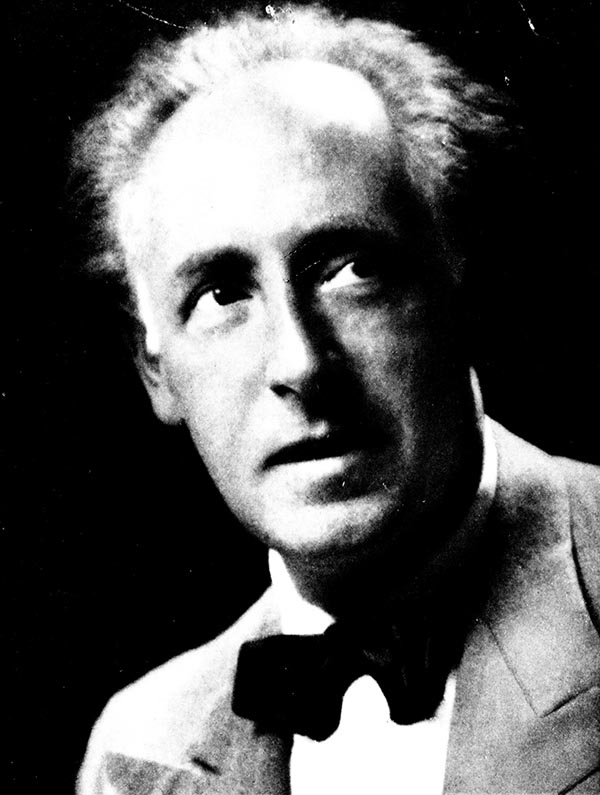Fritz Kahn (September 29, 1888 - January 14, 1968) was a German-Jewish writer and physician known for his innovative and memorable infographics relating to medical and scientific topics. Kahn's life was defined by frequent travel; having been born in Halle, during his childhood he briefly emigrated to the United States and then returned to Germany, moving several times before settling in Berlin, where he finished his gymnasium. He then attended medical school at the University of Berlin but retained a wide interest in multiple fields of science. In addition to serving as a medic in the First World War, he published articles on scientific topics in popular publications (his father was also a writer and physician), and joined expeditions to the Arctic and Sahara Desert. With the rise of Hitler, he emigrated to Palestine and then to Paris. After being detained by France in the early phase of the Second World War (due to his German citizenship), he was able to secure release and then gradually make his way to the U.S. In the postwar period, he primarily settled in Switzerland but also spent periods in the U.S. and Denmark. Kahn published more than 20 books throughout his lifetime, which were especially known for their striking illustrations (conceived by Kahn and drawn by others). He was especially fond of comparing the human body to a mechanical instrument and considered it the most sophisticated machine in the world. Kahn's works were suppressed in Germany by the Nazis, retroactively obscuring his prominence during the Weimar period, but he gained a degree of international recognition in the postwar period.


